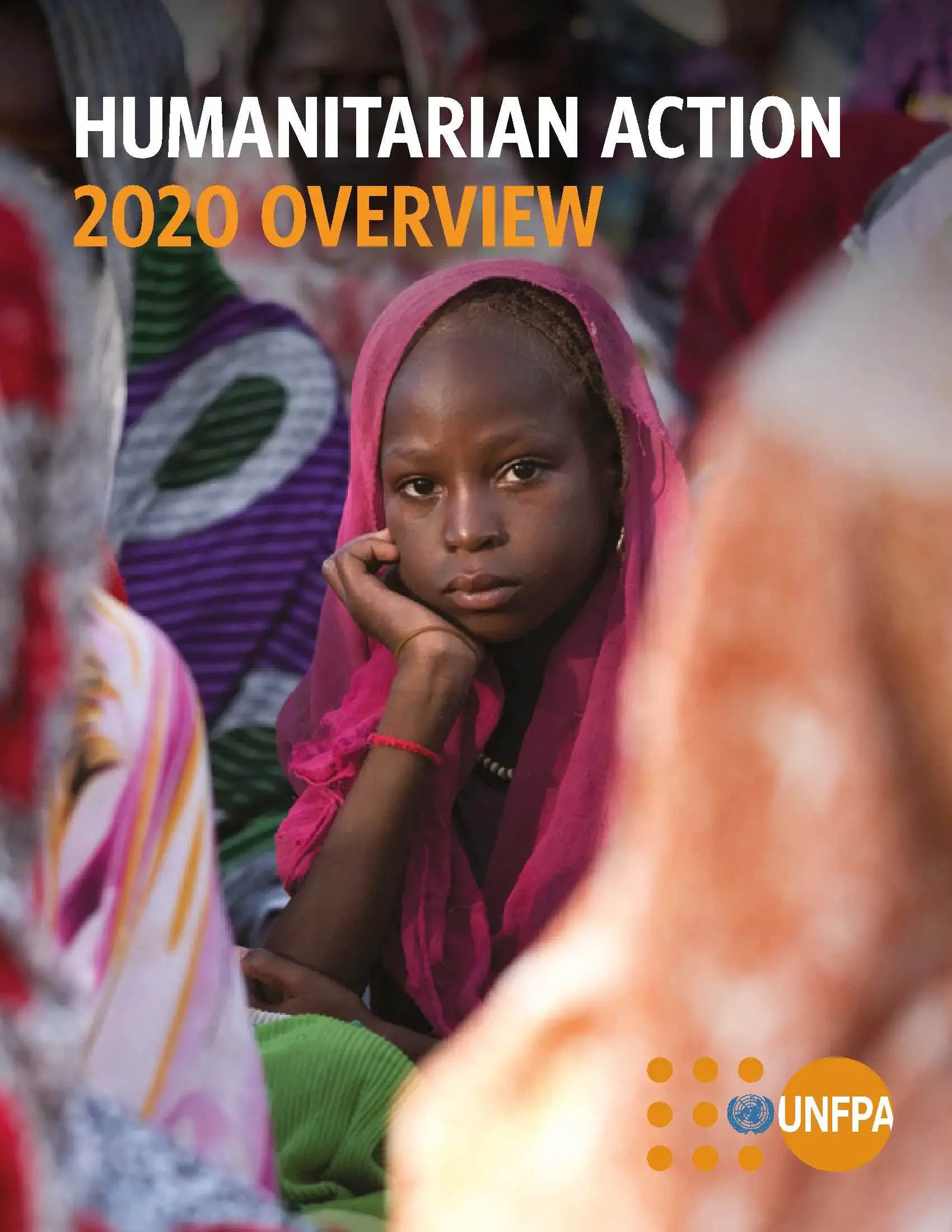UNFPA, the United Nations sexual and reproductive health agency, appeals for $683 million to provide life-saving reproductive health and protection services to 48 million women, girls and young people, including 4 million pregnant women, in 57 countries affected by conflict or natural disasters in 2020.
The appeal, also known as UNFPA’s Humanitarian Action Overview, describes how women and girls face unique challenges during humanitarian disasters, from being more likely to die from complications of pregnancy and childbirth to an increased risk of gender-based violence. Globally, more than half of all maternal deaths take place in countries affected by humanitarian crisis and fragility.
The humanitarian assistance received following this appeal will provide life-saving sexual and reproductive health services, combat gender-based violence and extend mental health and psychosocial support in emergencies.
Of the 57 countries in the appeal, the UNFPA top 10 requirements in 2020 are: Yemen ($100 million), Democratic Republic of the Congo ($65 million) Syria ($57million), Sudan ($53 million), Ethiopia ($28 million), Nigeria ($24 million), Bangladesh ($21 million), Somalia ($18 million), Venezuela ($18 million), South Sudan ($17 million). This comes to a total of $402 million, out of the total global appeal of $683 million.
UNFPA is currently assisting millions of women and girls affected by emergencies, from Bangladesh to the Democratic Republic of the Congo, from South Sudan to Venezuela, Yemen and many more. In 2019, UNFPA humanitarian assistance reached over 19 million people in 64 countries. Around 7.3 million women received sexual and reproductive health services, including antenatal and post-natal care, emergency obstetric and newborn care, and the clinical management of rape. Over 2.4 million people obtained family planning services.
More than ever, UNFPA is uniquely positioned to provide inclusive and integrated services for sexual and reproductive health, gender-based violence, and mental health and psychosocial support. The organization is also prepared to strengthen the use of population data for effective humanitarian action. Working across the humanitarian, development and peace nexus to address protracted conflicts and the climate crisis, UNFPA will strengthen impact and accountability to affected people, including people with disabilities and other marginalized groups.
UNFPA will work to make the next 10 years, a time of action and results for women, girls and young people, in keeping with the Decade of Action to deliver the Sustainable Development Goals by 2030.


